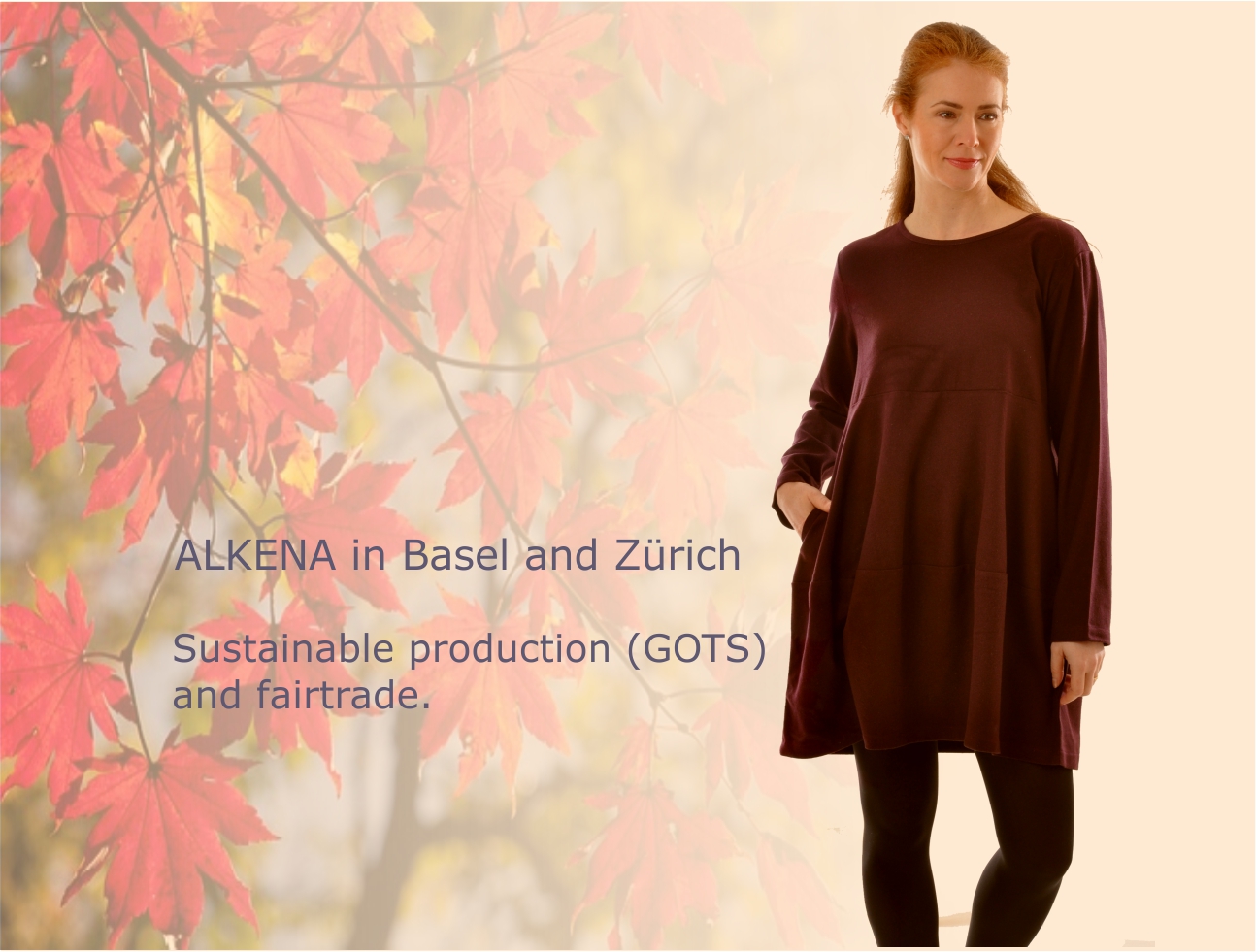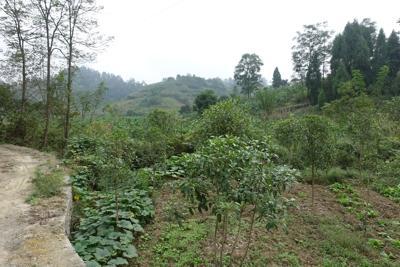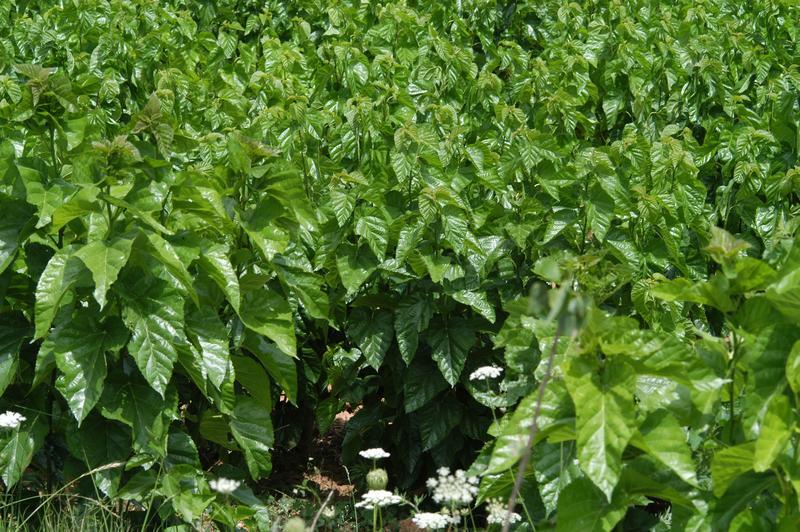The crucial difference
|
ALKENA is often asked what the difference is between organic and conventional silk. The biggest difference comes through the nourishment of the silkworms. They convert mulberry leaves into a body substance which is subsequently used to spin cocoons. The better their nutrition, the better the resulting silk. Thanks to the biodynamic farming of the mulberry trees, our silkworms are better nourished, feeding on high quality leaves without any chemical or environmental contamination. Silkworms are sensitive creatures which are seriously weakened by chemicals which result in inferior cocoons or even death of the silkworms. Large cocoons produced by healthy silkworms produce longer continuous fibre. A good cocoon,for example, produces 2500m of silk fibre, of which approximately 1500m is so-called filament silk which can be wound directly from the cocoon. In subsequent processing, the remaining fibres are used for spun silk or bourette/noil silk, or made into silk batting used for bedding and jackets. Silk wound from inferior cocoons is less elastic, the fibre is irregular and its colour is dull. These undesirable characteristics cannot be compensated by subsequent processing but remain as product differences. Weaves and knits are less even and require more chemicals in preparation of dying. Because it improves the environment on a long-term basis, biodynamic agriculture improves the quality of life. Requiring more manual labour, it has a positive impact on the high unemployment rate of rural Chinese. The certified organic silk produced in ALKENA's SABA project is recognized as of the highest quality. As other producers become aware of the economic advantage of this difference, they will be encouraged to emulate this type of agriculture. Then it is only a small step towards biodynamic agriculture for human foods. Biodynamic agriculture also improves the general economics of the region. The ongoing quality of the cocoons result in higher revenues at the same time that a biodynamic partnership requires fair trade. A respectful approach to the environment places the focus on human beings and also results in a respectful attitude towards business partners. Mutually agreed prices and guaranteed purchase contracts protect farmers and their families from being at the mercy of artificially manipulated prices.
|






